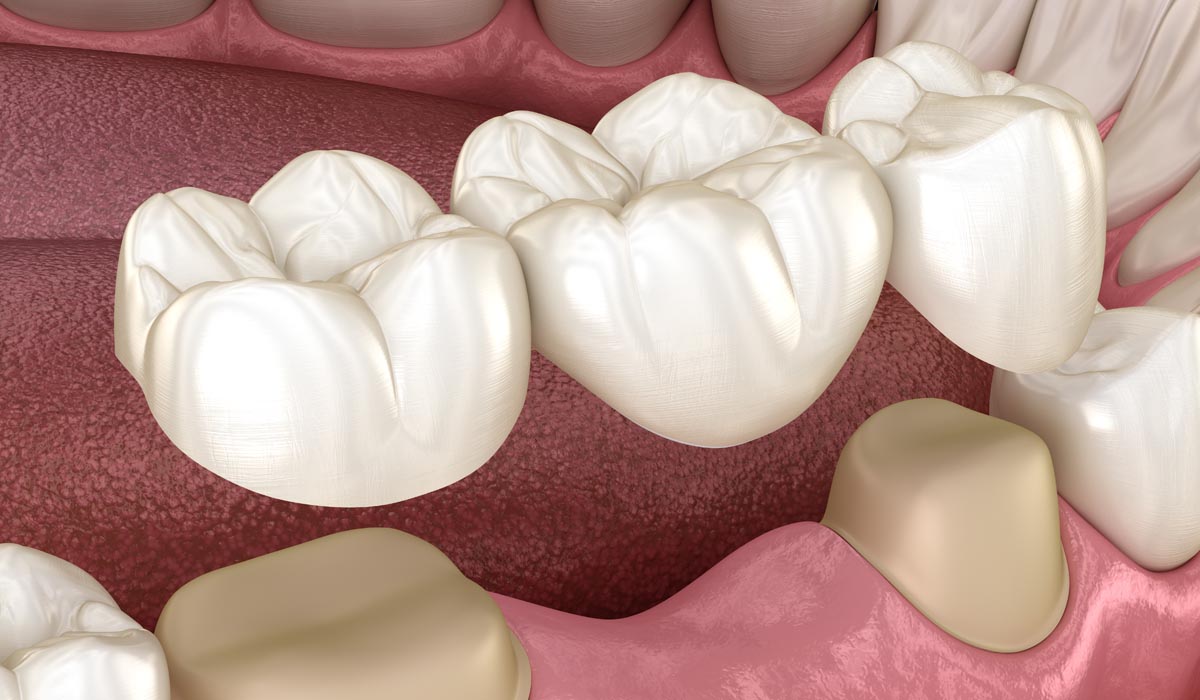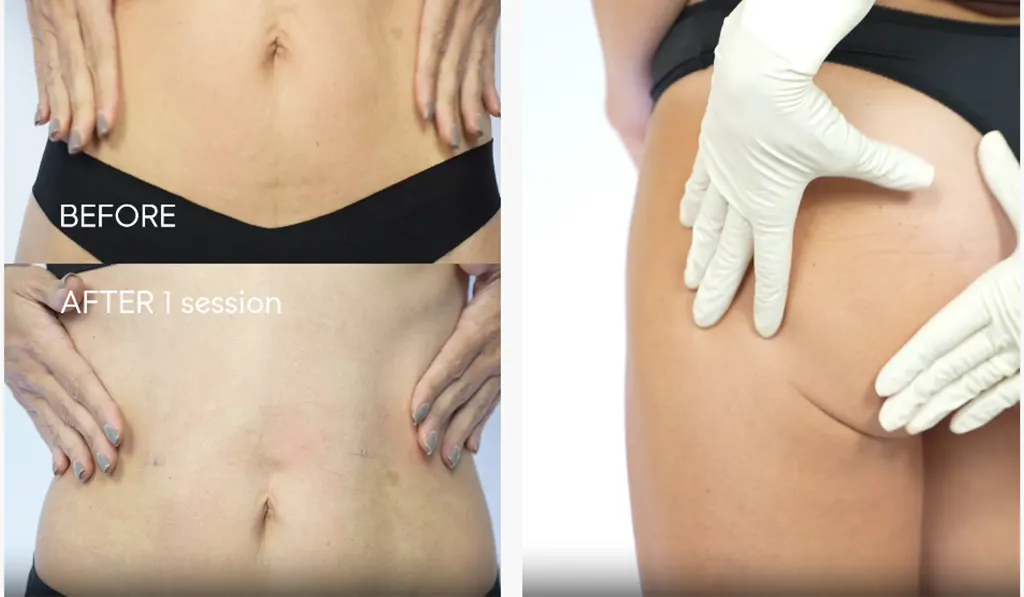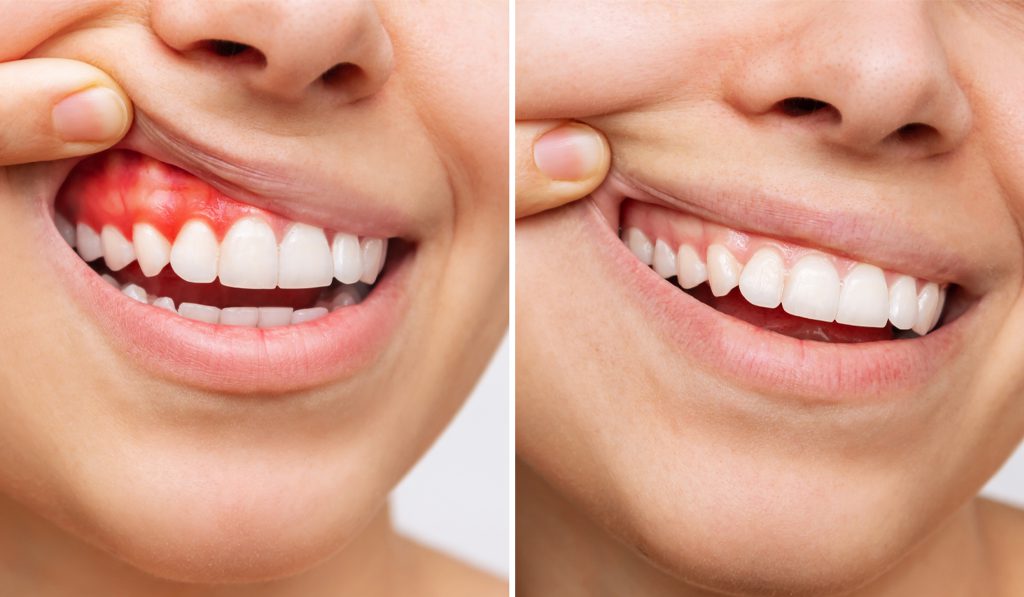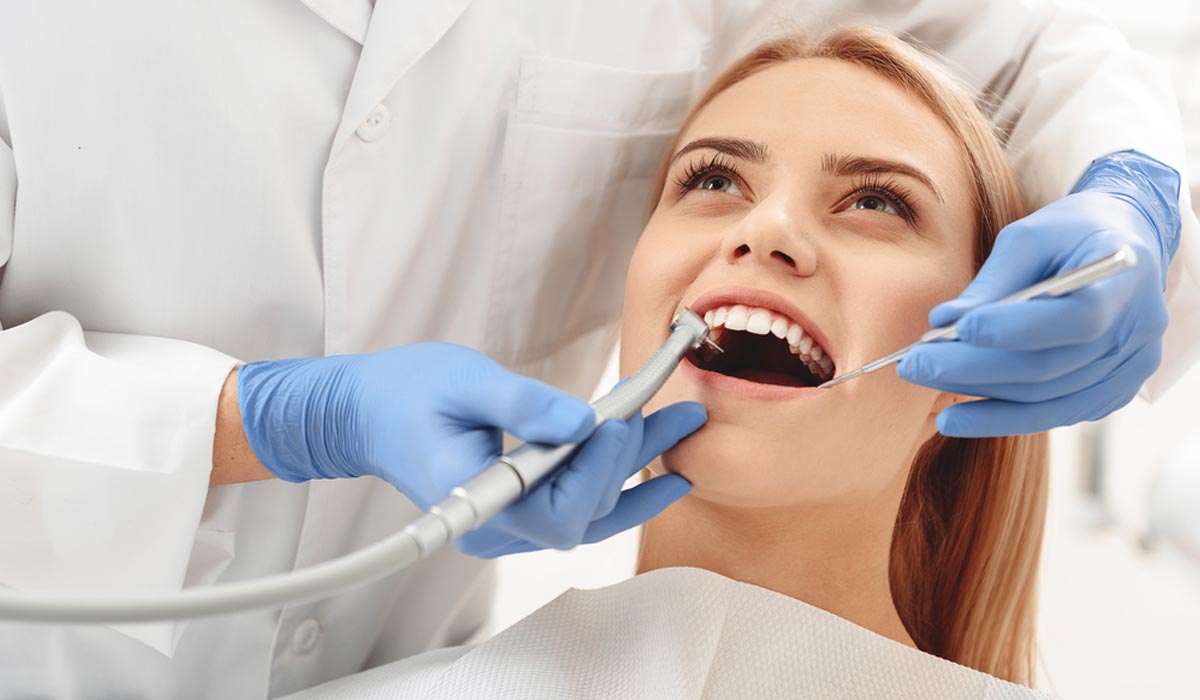Types of Tooth Crowns and Bridges
Dental care is essential to a person’s general health and well-being. By practicing oral hygiene, you can prevent tooth decay and infections from spreading to other mouth structures. The main objective of dental care is to prevent plaque buildup, which can lead to gum disease or tooth decay.
If you have got one or more missing teeth, your dentist may advise you to get artificial replacements. Removable options include dentures, which can be removed and cleaned but can slide around, shift, or fall out. That is why crowns attached to dental implants and bridges function more like natural teeth.
Regardless of which replacement tooth options are best for you, they can be crucial in maintaining your oral health. Gaps in loss areas can cause your other teeth to rotate or shift into empty spaces, resulting in a bad bite. It is advisable to speak to your dentist and find the best option.
Dental Crowns
Dental crowns are caps that are positioned over a damaged tooth to protect it from further damage and improve its overall appearance. Dental crowns are an effective solution for protecting and restoring your smile. It gives the tooth its original size, shape, strength, and look. With proper care, they can last for several years before needing to be replaced. Additionally, they can help prevent further damage to surrounding teeth as well as reduce jaw pain or bite problems caused by gaps in your teeth.
Different types of Tooth Crowns
Types of dental crowns include porcelain, ceramic, resin, and gold alloy crowns.
- The most common type of dental crown is porcelain, which offers a solution that looks natural.
- Ceramic crowns are durable and provide extra strength for molars.
- Resin crowns offer an affordable option that is better suited for front teeth due to their lightness in color.
- Gold alloy crowns are often used on the back teeth due to their strength and durability, but they can be visible if placed on the front teeth.
Dental Bridges
A dental bridge is a permanent device that replaces a missing tooth or teeth. It comprises several pieces that are fused together to fit into the empty space left by your tooth. When functioning teeth are present on both sides of the missing tooth, a bridge replaces one or more missing teeth.
The bridge covers the adjacent teeth, known as retainers, in the same way, a crown covers a single tooth. It connects the crowns to a false tooth replacement in the missing tooth space.
Different types of tooth bridges
There are several types of dental bridges that can be used to replace missing teeth. The most common type of bridge is the traditional fixed bridge, which typically has two or more crowns (also known as abutments) on each side of the gap and an artificial tooth in the middle. Another type of bridge is the cantilever bridge, which usually only has one abutment and is used in areas with less strain, like front teeth.
A Maryland bridge consists of metal wings fixed to the backside of adjacent teeth and holds a false tooth in place without crowns on either side. Lastly, an implant-supported bridge uses titanium posts inserted into the jawbone to secure a false tooth in place.

Materials used in making crowns and bridges
Depending on their use, dental crowns and bridges can be constructed from several materials. For instance, if the goal is to improve the appearance of a smile, porcelain or ceramic will be the material of choice so that the crown or bridge will look completely at home in your mouth.
Another crucial component of a crown or bridge is strength. The material selected frequently combines strength and beauty. Porcelain, ceramic, metal alloys, gold, and acrylic are the most often utilized materials for crowns and bridges. A dental expert and lab technician will know which material will function best for your teeth.
Benefits of getting tooth crowns or bridges
Getting tooth crowns or bridges can provide several benefits, such as:
- Improved appearance and improved ability to speak and chew.
- Reduced risk of gum disease, decay, and further tooth loss.
- Preserve jawbone integrity and prevent shifting of adjacent teeth.
- A long-lasting solution compared to other restoration methods, such as dental fillings.
- Protect a weak tooth from breaking.
- Restore a broken tooth.
- Improved confidence in smiling, laughing or eating in public.
Difference between a Crown and a Bridge
A dental crown is a covering that protects the remaining portion of a damaged tooth, while a bridge is used to replace a missing tooth with an artificial one. Dental crowns safeguard weak or damaged teeth from further damage and can also restore the size and shape of the original tooth. Bridges are typically made up of two crowns on either side of the missing tooth, which are attached to an artificial tooth in the middle. The two crowns provide support for the artificial tooth and help prevent it from shifting out of place.
Cost of Dental Crowns and Bridges
The cost of getting dental crowns or bridges may vary based on multiple factors, such as the type of bridge, the number of teeth being replaced, and the material used.
Costs may also rise if the dentist is required to perform more extensive prep work before placing the crown. For example, you may require a root canal or a dental implant, both of which can raise the cost of the entire treatment.
Why 7DMC?
We offer some of the most advanced dental treatments available. We have a team of highly skilled dentists and technicians who are dedicated to providing excellent services for their patients. Our clinic provides quality dental care at competitive prices and is committed to delivering the best possible results.
At 7DMC, we constantly strive to uphold the best level. Our team is passionate about giving you the highest quality dental care using cutting-edge technology and sophisticated dental tools to ensure the utmost comfort in a pleasant setting.
Conclusion
Nobody wants to have gaps in their smile. Missing or damaged teeth not only make you feel self-conscious, but they also cause a slew of oral health issues such as pain, gum disease, and a misaligned bite. The good part is that you now have numerous options for treating almost any dental problem you may be experiencing.
The best way to find out what dental treatment is best for you is to schedule an appointment with us for a thorough oral examination. We can examine your teeth and gums and recommend a restorative plan that is tailored to your exact needs.
References:
webmd.com/oral-health/guide/dental-crowns
colgate.com/en-us/oral-health/bridges-and-crowns/what-are-dental-crowns-and-tooth-bridges#
healthline.com/find-care/articles/dentists/dental-crown
verywellhealth.com/dental-bridge-4777662
















